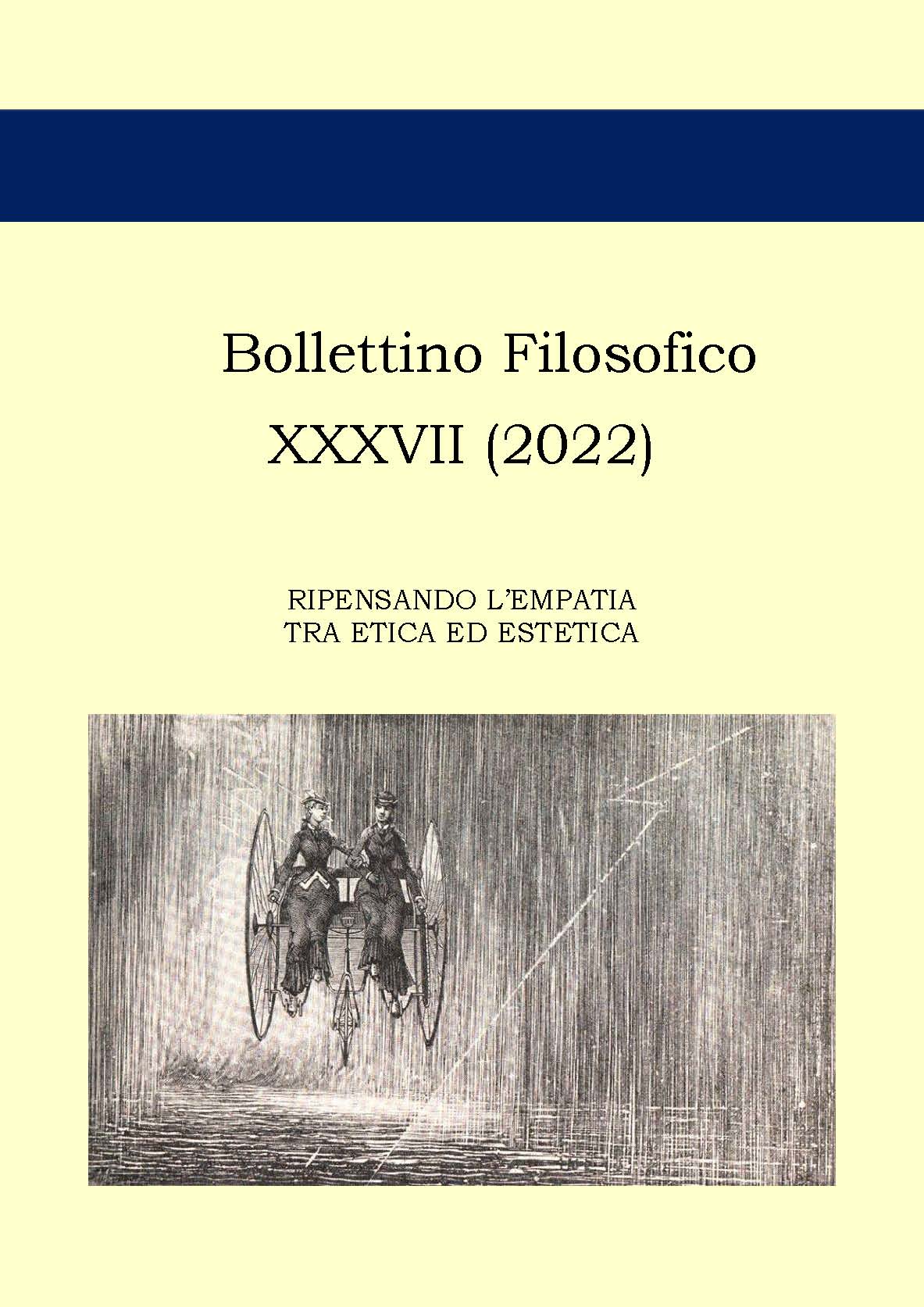Perspektiven der Psychoanalyse. Einblicke in die psychoanalytische Behandlung und die empirische Forschung
Abstract
The paper investigates empathy within the framework of the psychoanalytic treatment as well as in empirical research in psychoanalysis and cognitive science.
Within the configuration of the psychoanalytic treatment, a theoretical and clinical outline of the phenomena of empathy turns out to be everything but simple, due to the interplay within the psychoanalytic process between the transference of the patient, which is characterized by illusions and self-deceptions, and the countertransference of the analyst.
On the other hand, empathy as well as the analytic relation and the therapeutic alliance – or working alliance – constitute those moments of reality in a psychoanalytic treatment, which are far less distorted by the mirages and delusions of the transference. Therefore, by dealing with the topic of empathy, also the analytic relation and real therapeutic alliance should be taken into account.
The paper will also explore feasible intersections between recent psychoanalytic approaches to empathy and current phenomenological studies on this topic.
Finally, following the investigation of the topic in the frame of reference of theoretical and clinical psychoanalysis, also the psychoanalytic empirical research on empathy of Lester Luborsky and Peter Fonagy as well as the cognitive research of Simon Baron-Cohen on this topic will be considered.
Keywords: Cognitive Research, Empathy, Psychoanalytic Empirical Research, Psychoanalytic Relation, Therapeutic/Working Alliance
Downloads
Bollettino Filosofico pubblica in internet, ad accesso aperto, con licenza:
|
|
CCPL Creative Commons Attribution |
L'autore conserva il copyright sul suo contributo, consentendo tuttavia a chiunque "di riprodurre, distribuire, comunicare al pubblico, esporre in pubblico, rappresentare, eseguire e recitare l'opera", purché siano correttamente citati l'autore e il titolo della rivista. L’autore, al momento della proposta di pubblicazione, è inoltre tenuto a dichiarare che il contenuto e l’organizzazione dell’opera è originale e non compromette in alcun modo i diritti di terzi, né gli obblighi connessi alla salvaguardia di diritti morali ed economici di altri autori o di altri aventi diritto, sia per testi, immagini, foto, tabelle, sia per altre parti di cui il contributo può essere composto. L’autore dichiara altresì di essere a conoscenza delle sanzioni previste dal codice penale e dalle leggi speciali per l’ipotesi di falsità in atti ed uso di atti falsi, e che pertanto Bollettino Filosofico è esente da qualsiasi responsabilità di qualsivoglia natura, civile, amministrativa o penale, e sarà dall'autore tenuta indenne da qualsiasi richiesta o rivendicazione da parte di terzi.
